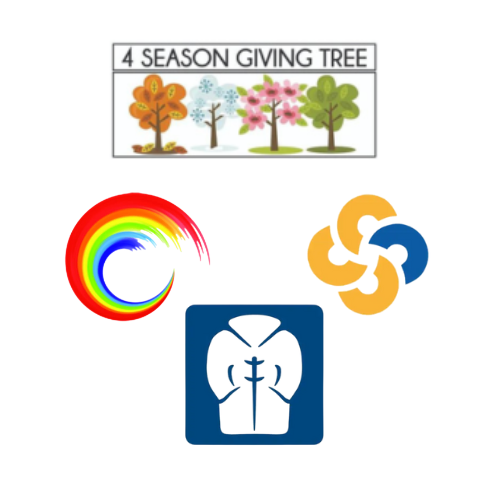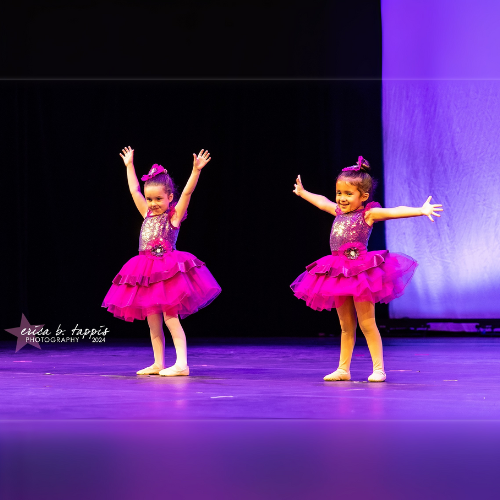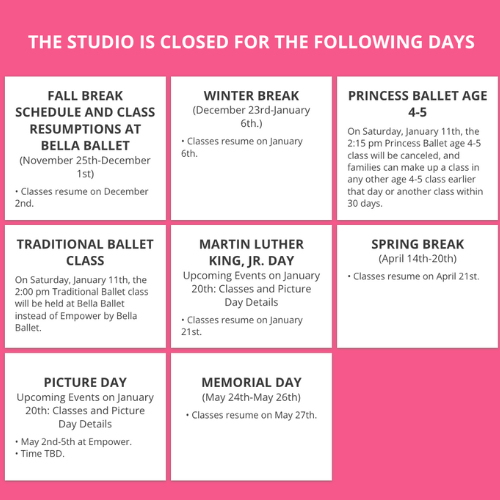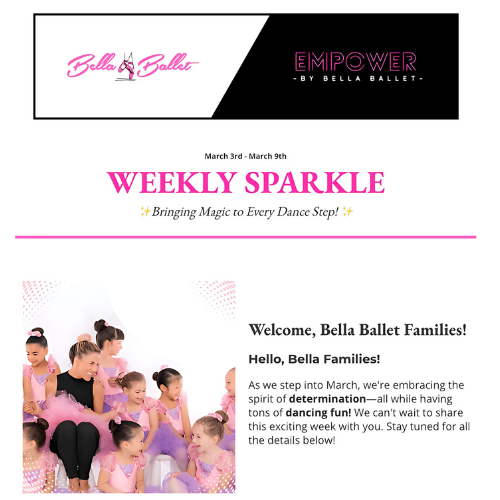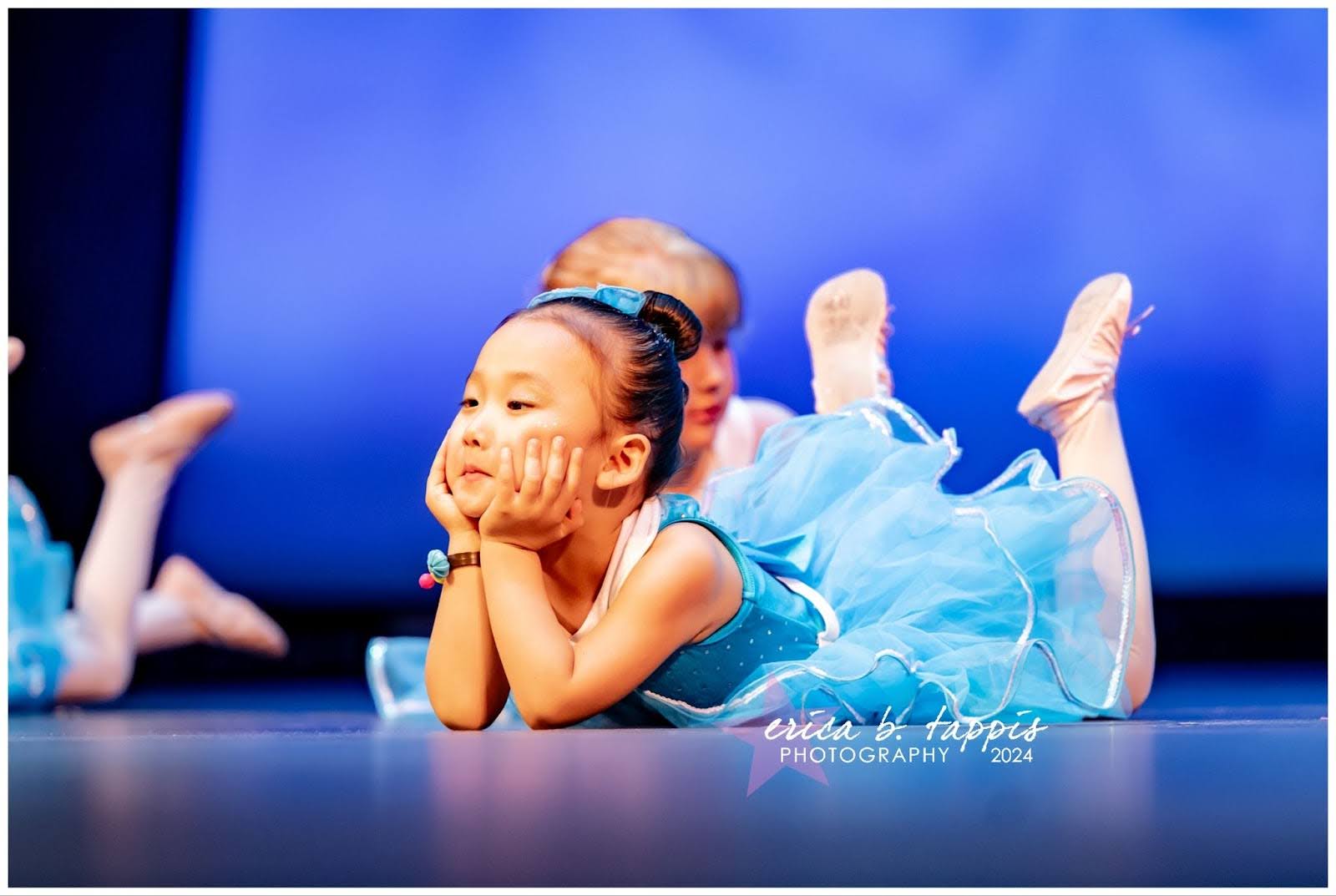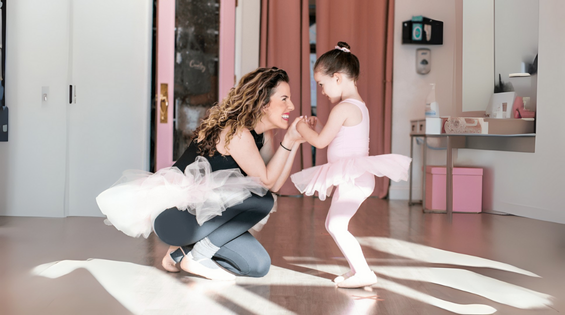check out our blog
View Our Blog Below

The Benefits of Ballet for Kids: Building Confidence and Grace
Ballet has been popular among children in recent years. Ballet is more than just an elegant dance routine; it is also a comprehensive activity that contributes to the physical, emotional, and mental development of a child. Ballet for kids is a lifelong investment for parents and a lifelong commitment for children. With its emphasis on grace and precision, ballet fosters discipline, creativity, and self-expression, all while instilling confidence in young dancers.
Why Ballet is Important for Children
Ballet plays an essential role in children's holistic development, impacting their physical health, emotional well-being, and mental acuity. The structured nature of ballet classes helps children cultivate essential life skills such as discipline, patience, and focus, which benefit them academically and personally.
Ballet encourages self-expression, allowing children to communicate emotions and stories through movement. It exposes them to cultural and artistic experiences, broadening their horizons and enhancing their appreciation for the arts. Through ballet, children learn that achieving beauty and grace requires effort and dedication, fostering a sense of accomplishment as they master increasingly complex movements. This sense of achievement translates into other areas of their lives, boosting their confidence and teaching them the importance of perseverance.
8 Benefits of Ballet for Child Development
1. Physical Strength and Flexibility
Ballet is a demanding physical activity that helps children build muscular strength, endurance, and flexibility. Through consistent training, kids learn to control their movements, which improves posture and coordination. Ballet exercises focus on elongating muscles and enhancing flexibility, contributing to better overall health and physical resilience. Over time, children develop a strong core, improved leg strength, and increased agility, benefiting them in other sports and physical activities.
2. Coordination and Balance
Ballet requires a high level of coordination and balance as dancers perform complex movements with precision. These skills are particularly important for children still developing their motor skills. Ballet challenges them to synchronize body movements with the rhythm of music, promoting a better sense of timing and spatial awareness. Improved coordination and balance reduce the likelihood of injuries and help children develop a stronger sense of physical control.
3. Confidence and Self-Esteem
One of the most profound benefits of ballet is the boost in confidence and self-esteem that comes with mastering challenging techniques and performing in front of audiences. Ballet classes provide a structured environment where children can practice and improve over time. As they witness their progress and receive positive reinforcement from teachers and peers, their confidence flourishes. Performing on stage—whether in class recitals or larger productions—helps children overcome stage fright and enhances their self-assurance in public settings.
4. Cognitive Development
Ballet is not merely a physical pursuit; it also demands mental focus and concentration. Learning and memorizing dance routines exercises the brain, improving memory retention and attention span. The process of mastering choreography involves problem-solving, as children learn to execute movements and transitions smoothly. This cognitive exercise develops skills transferable to academic settings, where focus and information retention are critical for success.
5. Emotional Expression
Ballet provides a unique outlet for emotional expression. Children can convey feelings that they may struggle to articulate verbally through dance. Ballet often involves storytelling or expressing emotions through movement, teaching kids to use their bodies to communicate joy, sadness, excitement, and frustration. This form of expression can be particularly beneficial for children who find it challenging to express themselves verbally, offering them a healthy way to process and communicate their emotions.
6. Social Interaction and Teamwork
Ballet classes are inherently social experiences, requiring children to interact and collaborate with peers. From group performances to mutual support during practice, children learn valuable lessons about teamwork, cooperation, and respect. These interactions help develop social skills and foster camaraderie. Ballet teaches kids how to listen to instructions and work in an organized manner, preparing them for future academic and professional environments where collaboration and effective communication are essential.
7. Discipline and Time Management
Ballet instills a strong sense of discipline. The structured nature of classes emphasizes practice, precision, and repetition, teaching children the importance of consistency and hard work. Children must dedicate time to learning and perfecting their technique, which helps develop time management skills. Understanding that progress comes from practice encourages them to set goals, stay focused, and manage their time effectively—skills that will serve them well in school and beyond.
8. Creativity and Imagination
Ballet is a highly creative form of self-expression. Children are encouraged to explore their imaginations, whether interpreting a classic ballet story or improvising their movements. Ballet provides a space for kids to express themselves creatively and think outside the box. The imaginative aspect can inspire children to engage in other creative pursuits, such as art, music, or writing, fostering a lifelong appreciation for creativity.

What Are the Educational Benefits of Ballet?
The educational benefits of ballet extend beyond the studio. Ballet enhances children’s focus, memory retention, and problem-solving abilities—essential skills for academic success. Ballet routines require attention to detail, following instructions, and memorizing complex sequences, enhancing cognitive abilities and improving performance in subjects like mathematics and language arts.
Ballet fosters spatial awareness and musicality, which complement academic learning. The rhythm and timing learned in ballet can translate to a better understanding of mathematical patterns and sequences. The cultural aspects of ballet can enrich children’s understanding of history and literature, especially when learning about the stories behind famous ballets.
Is Ballet Good Exercise for Kids?
Ballet is an excellent form of exercise for children, providing a full-body workout that strengthens muscles, enhances cardiovascular health, and promotes healthy physical development. Ballet helps build core strength, improve flexibility, and increase endurance. Unlike other forms of exercise, ballet focuses on graceful, controlled movements, promoting a better sense of body awareness and reducing the risk of injury.
Ballet encourages kids to stay active, promoting a healthy lifestyle. In a world dominated by sedentary activities like watching TV and playing video games, ballet offers a fun and engaging way for children to remain physically active. Encouraging physical fitness from a young age helps prevent childhood obesity and fosters lifelong healthy habits. Contact us today to enroll!
Contact Us
By submitting this form, you agree to receive text messages from Bella Ballet Kentlands & Empower by Bella Ballet about upcoming classes, special events, and other news. Message and data rates may apply.
ADDRESS & HOURS
347 Kentlands Blvd, Gaithersburg MD 20878
Monday: 10 AM - 8 PM
Tuesday: 9 AM - 8 PM
Wednesday: 10:30 AM - 8 PM
Thursday: 10 AM - 8 PM
Friday: 9 AM - 12 PM
Saturday: 8:30 AM - 2:00 PM
Sunday: 8:30 AM - 3:00 PM
Come see what all the hype is about! Call us today at (301) 970-3488 to book a free trial class, or email us at [email protected]. We’re here to serve and are happy to answer any questions you may have.
Opening Hours
Monday: 10 AM - 8 PM
Tuesday: 9 AM - 8 PM
Wednesday: 10:30 AM - 8 PM
Thursday: 10 AM - 8 PM
Friday: 9 AM - 12 PM
Saturday: 8:30 AM - 2:00 PM
Sunday: 8:30 AM - 3:00 PM

